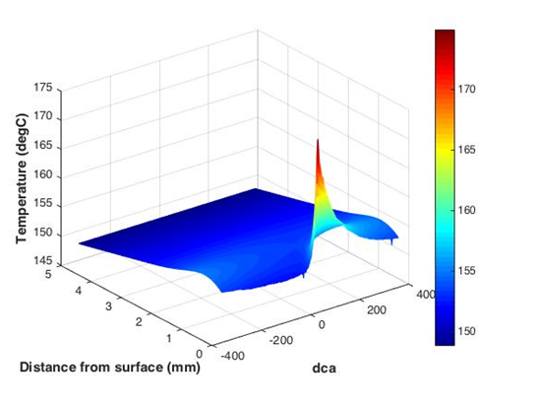Research in the Thermal Propulsion Systems Group, Department of Engineering Science University of Oxford - Thermal Propulsion Systems; Knock and Auto-ignition Study in Spark Ignition Internal Combustion Engines
Knock and Auto-ignition Study in Spark Ignition Internal Combustion Engines
‘Knock’ is caused by the self-ignition of the unburned fuel/air mixture after the spark has fired. The associated rapid combustion leads to pressure oscillations and an increase in heat flux that can cause overheating and the failure of components.
Auto-ignition is the self-ignition of the fuel/air mixture before the spark has fired. This can be caused by hot combustion residuals or hot parts of the cylinder wall. Auto-ignition leads to high temperatures and pressures and also can be harmful to the engine.
In this work a Ricardo E6 variable compression ratio engine has been modified and instrumented specifically for the study of abnormal combustion (knock and pre-ignition). The engine has been fitted with a bespoke humidifying unit that allows for the precise setting of the relative intake humidity of the engine and a well instrumented glow plug system has be built to give a variable temperature 'hot-spot' within the cylinder
The effect of knock on the in-cylinder heat flux was examined on a cycle-by-cycle basis for a range of experimental conditions and the performance existing correlations has been assessed. Pre-ignition thresholds for a wide range of reference fuels and fuel blends have been determined.

Principal Investigator:
Funding and Support:

